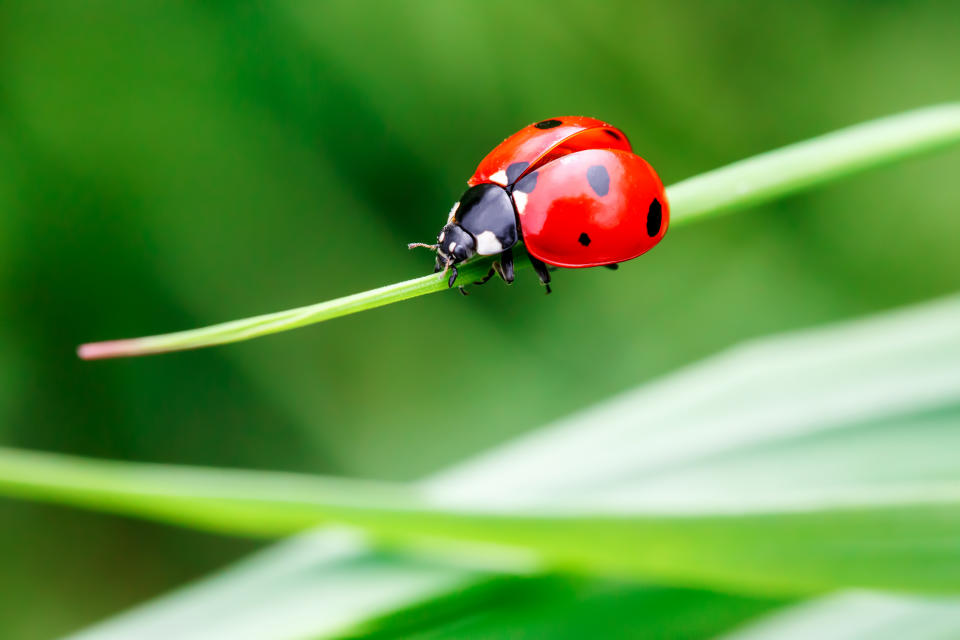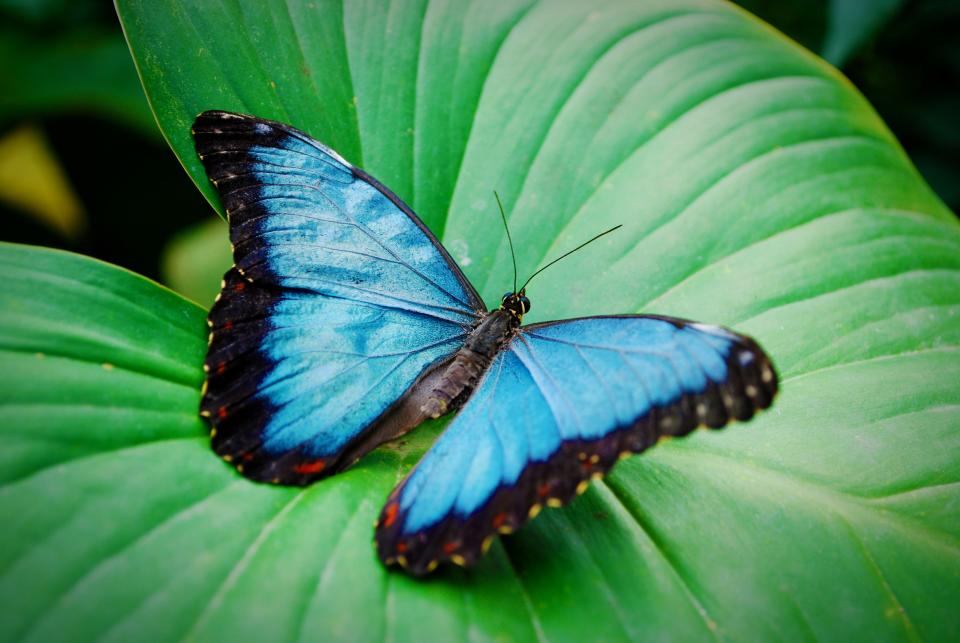Insects could die out ‘in worst extinction since the dinosaurs’, experts warn

The world is teetering on the edge of a man-made apocalypse, experts have warned - with plunging insect numbers in Europe offering a chilling warning.
A report this year found that 40% of insect species are declining, with a third endangered, according to a global scientific review of research.
Researchers in Europe became aware of how serious the decline in insect numbers was in 2011 - and say that since then it has ‘got worse’.
Martin Sorg of the Amateur Entomology Society of Krefeld have gathered 80 million insects in traps, and their work has been key to identifying today’s rapid decline.
Sorg says, ‘Since 1982, the traps we manufacture ourselves have been standardised and controlled, all of the same size and the same material, and they are collected at the same rate in 63 locations that are still identical.’
Read more
Boris Johnson admits 'deep sense of anguish' over Nazanin Zaghari-Ratcliffe case
Donald Trump becomes first sitting US president to enter North Korea
In pictures: Britain basks in hottest day of the year so far
Sorg told Phys.org, ‘We only became aware of the seriousness of this decline in 2011, and every year since then we have seen it get worse.’
The total mass of insects on our planet is droppping by 2.5% a year - meaning that insects could be wiped out altogether within a century.
That would have ‘catastrophic’ effects on the environment as a whole, researchers said earlier this year, with many ecosystems reliant on insects.

Birds, lizards and even plants pollinated by insects could be wiped out, the researchers warn - saying that extinction rates among insects are eight times higher than among mammals, birds and reptiles.
Francisco Sánchez-Bayo of the University of Sydney said in February, ‘If insect species losses cannot be halted, this will have catastrophic consequences for both the planet’s ecosystems and for the survival of mankind.
‘It is very rapid. In 10 years you will have a quarter less, in 50 years only half left and in 100 years you will have none.’
The researchers write, ‘The trends confirm that the sixth major extinction event is profoundly impacting life forms on our planet.
‘Unless we change our ways of producing food, insects as a whole will go down the path of extinction in a few decades.

 Yahoo News
Yahoo News 
